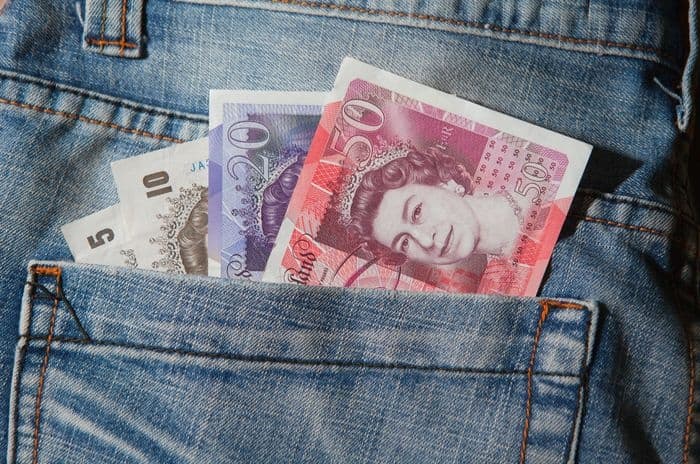Home > Money > News > Treasury publishes call for evidence on cash access
Treasury publishes call for evidence on cash access
Government are looking at ways to ensure withdrawing and depositing cash remains possible as the UK moves further towards being a cashless society.
They have called for responses to five crucial questions, including whether cashback should play a greater role in cash access.
Along with this, they also want feedback on businesses accepting cash and whether the Financial Conduct Authority (FCA) should be in charge of regulating the cash system.
Consumer groups, payment providers, businesses and other stakeholders are invited to respond to the proposals by 25 November 2020.

Key questions
The call for evidence covers five specific questions about cash in the UK covering the following areas:
- How can legislation ensure the UK maintains an appropriate network of facilities for cash withdrawals?
- What potential is there for cashback to play a greater role and how can this be included in legislation?
- How can legislation ensure the UK maintains a network for cash deposit facilities?
- What are the key considerations for maintaining cash acceptance?
- Should a single regulator be given statutory responsibility for the cash distribution network and which regulator should that be?
The document puts forward certain proposals on all these points and is requesting feedback from stakeholders and consumer groups.
What are the proposals?
The most eye-catching among the proposals is the possibility that shops could be forced to offer cashback without customers being forced to make a purchase.
This would mitigate the loss of local ATMs by giving customers another option (along the Post Office network) to access cash without having to buy something.
One major question mark around this proposal is how customers can be protected and whether the feature could be made commercially attractive enough for retailers.
On the cash deposit side of things, the idea of expanding the use of self-fill ATMs to allow retailers to fill up an ATM on their premises and then be credited back by the company distributing the cash to customers has been mooted.
Equally, while the Government doesn't want to compel businesses to accept cash where it wouldn't be appropriate, they want to understand what barriers to cash acceptance exist and why businesses stop accepting cash.
To regulate any legislation put in place, the Government is minded to appoint the FCA as the body already has responsibility for protecting consumers.
Access to cash debate
Discussions about maintaining access to cash have been taking place for several years as the transition towards card and digital payments has accelerated.
In February 2019, the Treasury Select Committee took evidence from the Chair of the Payment Systems Regulator (PSR) who suggested a universal service obligation may be required to make sure communities had access to free ATMs.
This was followed in October 2019 by a scheme to install up to 50 new cash machines in remote locations where bank branches had closed and access to free cash was limited.
The Post Office has also taken on an increased role in cash withdrawals in recent years, with the Post Office Banking Framework renewed for three years, despite Barclays originally trying to opt out from parts of the plan.
It's also clear that cash usage is declining more rapidly than expected due to the coronavirus crisis.
A survey from Link in the early stages of the outbreak suggested people expected to use less cash in the long-term after being encouraged to move to cashless payments during the crisis.
Yet, for many vulnerable and elderly people, cash remains a lifeline. These new proposals from the Government aim to ensure cash remains available for those who need it.
Get insider tips and the latest offers in our newsletter
Get insider tips and the latest offers in our newsletter

We are independent of all of the products and services we compare.

We order our comparison tables by price or feature and never by referral revenue.

We donate at least 5% of our profits to charity, and we have a climate positive workforce.
Latest News

26 October 2022
Cost of living showing worrying trends in affordability
24 August 2022
Home insurance premiums fall in latest ABI figures
29 June 2022
APP fraud and mobile banking fraud increased in 2021

